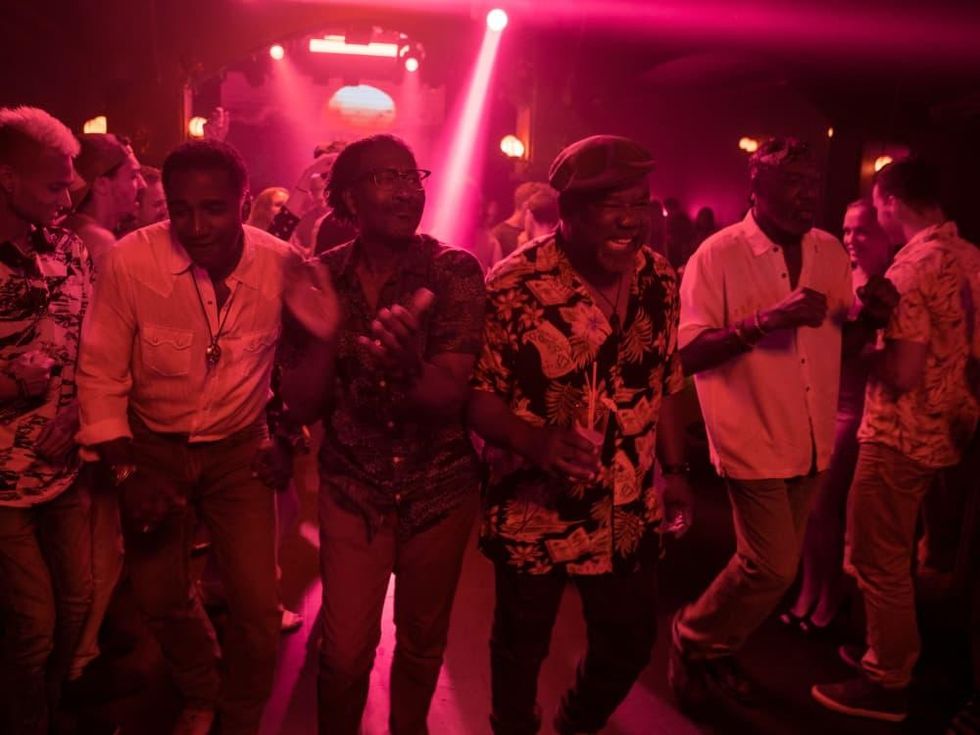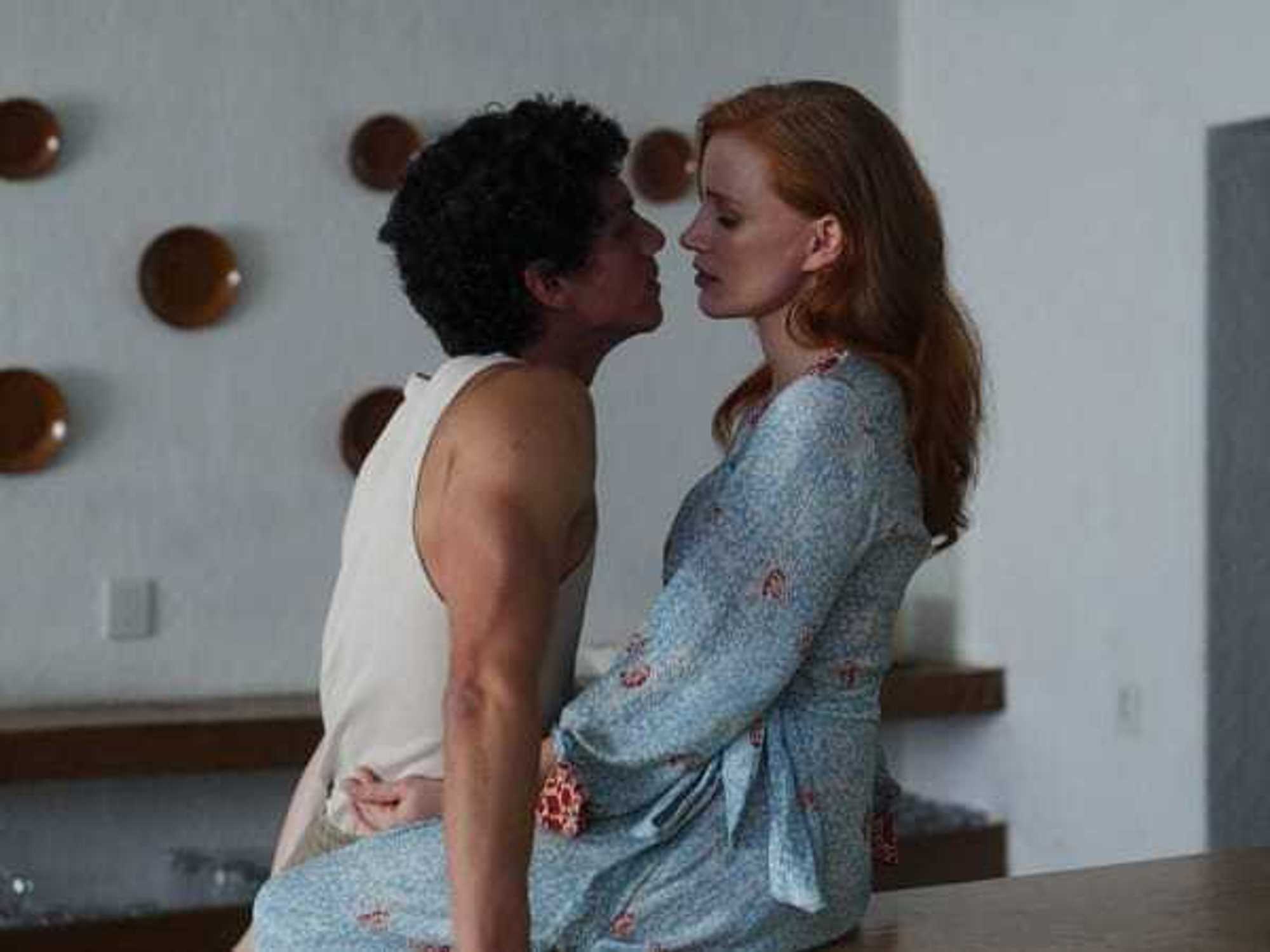Movie Review
Da 5 Bloods brings Spike Lee back just when his voice is needed
By sheer happenstance, there has never been a more opportune time for a new Spike Lee film to come out than right now. The filmmaker has been delivering polemics about racial politics and injustices for over 30 years, and if ever the voice of the pre-eminent black filmmaker working today was needed, it’s in the wake of the murder of George Floyd and the subsequent protests against police brutality.
Lee’s new film, Da 5 Bloods, centers on four Vietnam War veterans – Paul (Delroy Lindo), Otis (Clarke Peters), Eddie (Norm Lewis), and Melvin (Isiah Whitlock, Jr.) – who have returned to Vietnam after 50 years for a two-fold mission. The first is to recover the remains of their fallen comrade, Norman (Chadwick Boseman), who was killed on a mission during the war. The second is to find a stash of gold bars that the five men had found and buried shortly before Norman’s death.
As is typical in this kind of film, the presence of treasure draws out all manner of other people. Otis has a former Vietnamese flame, Tien (Le Y Lan), who promises she has a way to convert the gold into cash through an exporter named Desroche (Jean Reno). Meanwhile, Paul’s estranged son, David (Jonathan Majors) pops up unexpectedly, and his presence draws the attention of unwanted outsiders, including members of a group (Mélanie Thierry, Paul Walter Hauser, and Jasper Pääkkönen) dedicated to clearing out leftover landmines from the war.
The film’s plot, however, is secondary to the messages Lee is trying to send through it. Written by Lee and co-writer Kevin Willmott and based on an original screenplay by Danny Bilson and Paul DeMeo, the film rings so true to the issues currently being debated in the streets and on social media that one could call it prescient. That is, except for the fact that these same issues have been relevant for the entire history of the United States and beyond.
As is his habit, Lee sprinkles in real historical photos and footage, most notably in a bracing opening montage of period footage from the 1960s that includes video from moments that are usually known only from famous photographs. He is also not afraid to confront the current president, positioning Paul as a Trump supporter, much to the derision of his friends, who call Trump “President Fake Bone Spurs.”
But most of all, Lee has his characters lament, debate, and proselytize about the experience of black people in America. This is not a “one size fits all” diatribe. While they agree about their mistreatment by the military, they’re at odds over other aspects, as their political divisions show. Through the dialogue, the inclusion of “What’s Going On?” and other Marvin Gaye songs, real-world footage, and more, Lee makes it abundantly clear what he feels about America’s progress toward racial equality.
Lee and his team make a few interesting filmmaking choices that keep the film visually stimulating. Lee changes aspect ratios between modern-day scenes and scenes set during the Vietnam War, a familiar but still useful choice in helping delineate time. In the war scenes, however, Lee uses the older actors with no attempt at de-aging. That decision could be interpreted as old men reliving the war through memories or something else, but it stands out no matter the case.
A knowledge of film history is necessary in certain sections of the film. Apocalypse Now, perhaps the quintessential film set in Vietnam, is referenced multiple times, including a repurposing of that film’s iconic use of Wagner’s “Ride of the Valkyries.” The characters also take to task white savior Vietnam films like Rambo: First Blood Part II and Missing in Action. Funnily, a reference is made to an oft-misquoted line from The Treasure of the Sierra Madre (another movie about a gold hunt) when a Vietnamese character says, “We don’t need no stinkin’ official badges.”
One of the things that makes the film work is that Lindo, Peters, Whitlock, and Lewis are all actors who are known but not overly famous. TV fans will certainly know Peters and Whitlock from The Wire, among other things, and Lindo has had a long and varied career, but their relative lack of fame gives their characters’ camaraderie an extra oomph. Boseman, of course, is a movie star with a long history of playing important black figures, but Lee uses him sparingly, letting the other actors lead the way.
While the film lags in the second half of its 150-minute running time, by that point it has already provided more than enough in tone to keep it compelling to the end. A few of the notable twists are predictable for any seasoned moviegoer, but they don’t diminish the power of the film overall.
Just as Lee did with 2018’s BlackKklansman, Da 5 Bloods works equally as well as film that can entertain as it does in delivering a message for those willing to hear it. The time has long come that black people were treated equally in the United States, and this film is another powerful reminder that there is much work still to be done.
---
Da 5 Bloods debuts exclusively on Netflix on June 12.




